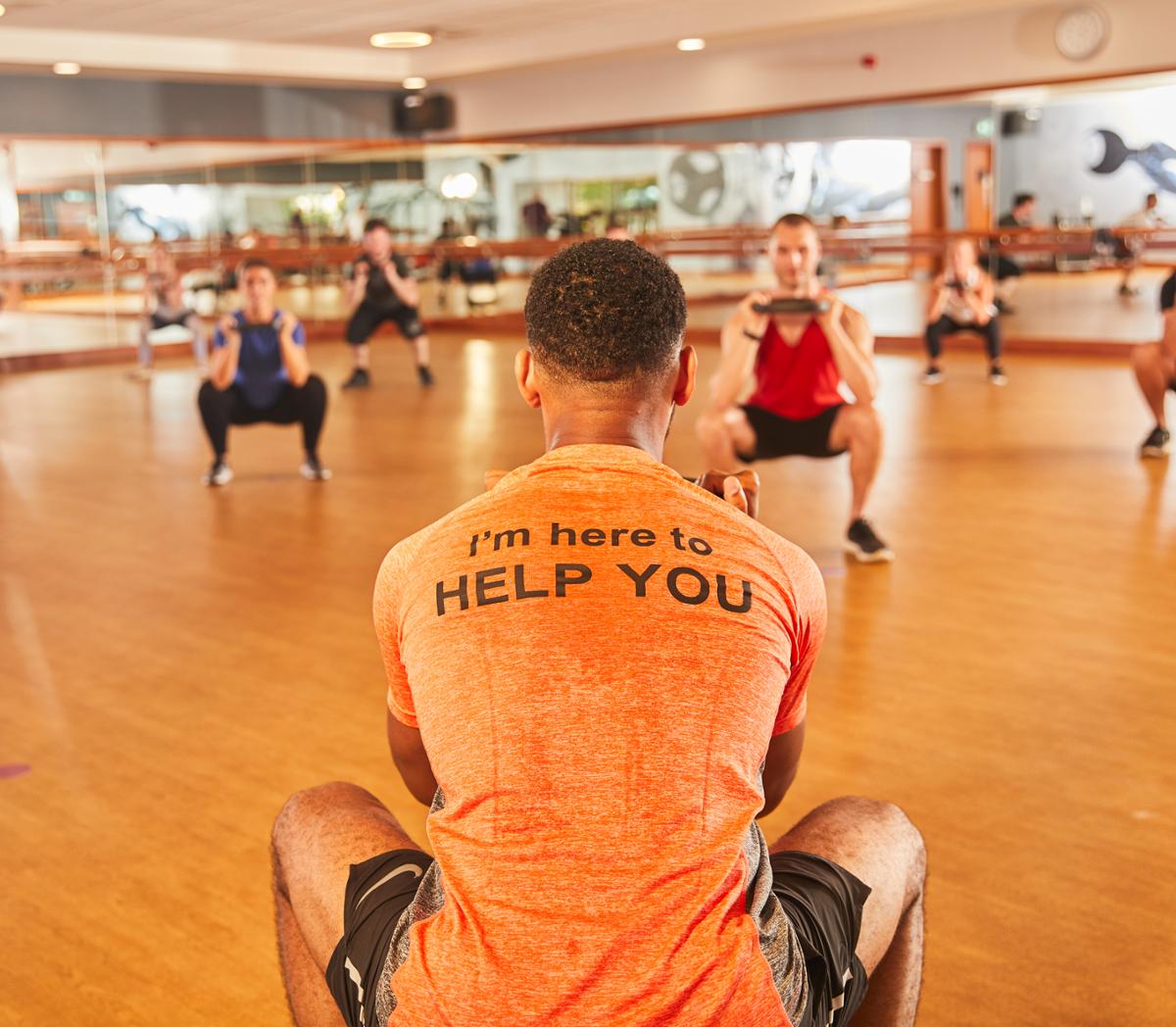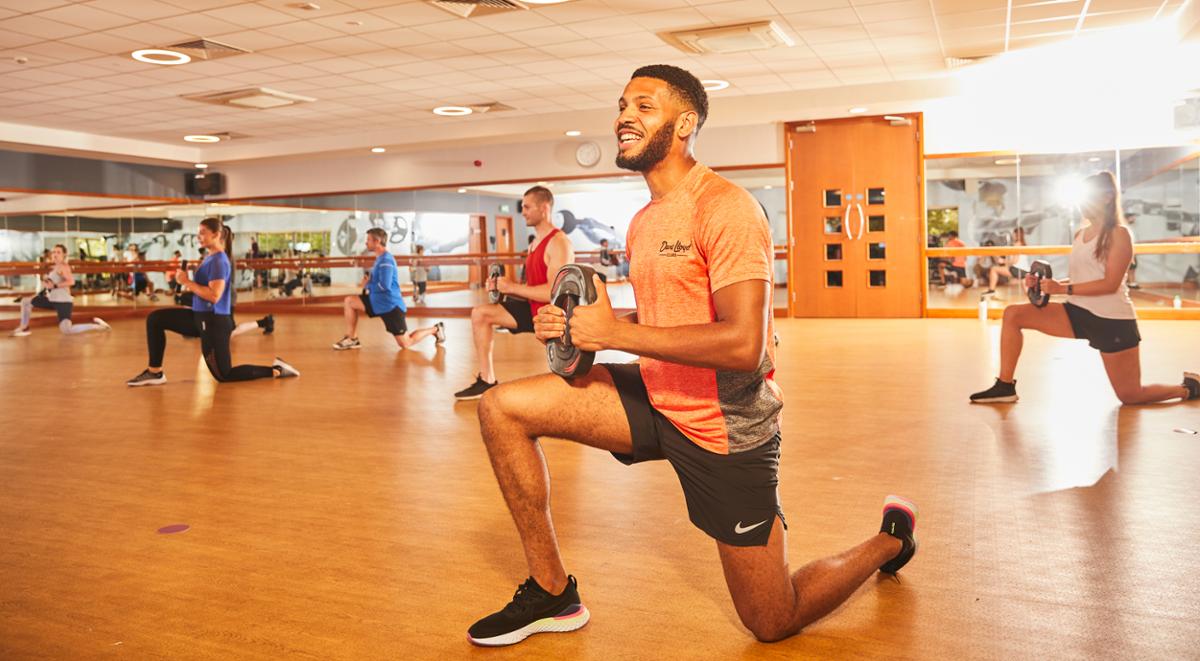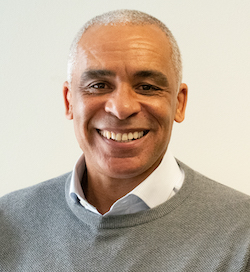David Lloyd Clubs has launched a new pledge. What’s the purpose of it?
Our Wellness Pledge highlights how we as a brand are committed to encouraging the nation to focus on their wellness and feeling happy and healthy in their bodies, rather than just trying to lose weight. It also calls on the fitness industry to join us in advertising responsibly, avoid encouraging quick-fix solutions to weight loss and promote long-term healthy habits. We believe it’s an industry first.
What inspired this move?
Our Wellness Pledge was created following research we commissioned that showed 64 per cent of people admit they never see success from diet and fitness fads that promote a weight loss quick fix, with the average individual trying 17 new diets and spending £3,290 on health and fitness products, only to see them fail.
Our pledge, therefore, encourages the nation to say no to these fitness fads, and instead focus on making healthy choices that fit into their lifestyle so they’re happier and healthier in the longer term.
What outcomes are you seeking?
As an industry we know quick fixes not only don’t work, but can also damage people’s mental well as physical wellbeing, so we want to see more fitness brands behave responsibly and stop selling products that promise short-term results, but have limited long-term success.
As health and fitness providers we have a responsibility to support people’s wellbeing and should regulate ourselves to ensure that we all operate to the highest standards.
Tell us about the study that was done to evidence the need for this initiative
We conducted research in conjunction with 4Media, where a representative sample of 2,000 UK adults was asked a series of questions about their experiences with fitness quick fixes and weight loss marketing.
What were the other key findings?
The desire to lose weight has led to 41 per cent of the nation turning to diet and fitness fads. The most common diets tried were meal replacement shakes (18 per cent) and the 5-2 Diet (16 per cent). Fitness-specific options included the Abs Toning Belt, Ab Roller and Waist Trainer. These were shown to be anything but helpful, however, with success seen less than a third (31 per cent) of the time, leaving Brits feeling disappointed (42 per cent) and frustrated (31 per cent).
How are you feeding this insight back into your operations?
The insights gained from this research helped us to create the pledge, which in turn has been rolled out across the company. Some of the key actions we’ve undertaken include not working with influencers who promote rapid weight loss diets, not promoting unrealistic body standards in any of our advertising and marketing materials – or digitally enhancing any images to alter body shape – and not promoting our clubs as a short-term, rapid weight loss solution.
In clubs we’ve also trained all our fitness teams to coach members in developing long-term healthy habits, to empower them to be mentally and physically healthy. We’re also continuing to provide a wide range of activities and classes that feel inclusive and encourage people of all ages and fitness levels to be active.
Where do you stand more generally on the use of influencers?
Our research showed almost half of Brits feel that the use of celebrities or social media influencers to promote weight loss products is false advertising, as they don’t use the products themselves, while a further two-fifths agree that they promote unachievable goals to the public.
As a result, we’ve taken the stance within our Wellness Pledge to not work with any influencers who promote rapid weight loss diets, or any other unhealthy or potentially dangerous fitness quick fixes.
Why did you choose to work with Nadia Sawalha?
Nadia’s beliefs perfectly align with ours, in that fads often don’t work and can cause more harm than good. She also openly discusses the importance of healthy and sustainable fitness goals through her own personal journey, something which we champion. For these reasons we felt she was the ideal individual to work with on the launch of our campaign and Wellness Pledge.
What role does Holli Rubin play?
Holli Rubin is a psychotherapist, body image specialist and mental health practitioner. We worked with her on our campaign to get her expert input on why diet and fitness quick fixes can be dangerous and damaging, and why we should move towards a more moderate and balanced approach when thinking about the importance of exercise in everyday life.
She supported our research and Wellness Pledge and was able to share and discuss her experiences as an expert in body image (more: www.hollirubin.com).
You’re calling on the industry to advertise responsibly. What bad practice have you observed, and what harm does this do?
Every January we’re deluged with quick-fix promises, with minimal regulation on standards and it falls to the larger operators and brands to take a stand.
It’s clear from our research that diet and fitness fads, and quick-fix weight loss products, have a damaging effect on both physical and mental health, with people left feeling frustrated, and unmotivated when these fads fail – as a result some even consider surgery to get the results they are looking for.
We want to encourage the nation to focus on being healthy and happy in a way that’s sustainable for life, and hope to inspire others in the industry to join us in supporting the nation to make these long-term changes.
If people want to join health and fitness clubs in order to lose weight, what is your advice to them?
We want to be clear that there is of course nothing wrong with wanting to lose weight, and in fact, the pandemic has highlighted to many of us the importance of maintaining a healthy weight, which has been a driver for more people to join health clubs. What we believe is wrong, and what we’re taking a stand against, is quick fix, unhealthy and unproven ways to do it, as this can be dangerous to mental and physical health.
The most effective and safe way to lose weight is to make long-term sustainable changes to diet and lifestyle. We encourage people to take the advice of a personal trainer who can work with them to achieve their goals safely and without unhealthy pressure.
How can we encourage people to look after their health every day, and avoid things such as the post-Christmas diet crisis?
We know that there’s increased pressure post-Christmas to lose weight fast, something which is often exacerbated by health and fitness marketing at this time.
We’d encourage people to find an exercise and nutritional programme that they enjoy and works for them and take it slowly. They should try and avoid feeling pressured and instead focus on making healthy and sustainable choices that fit into their lifestyle, so they’re happier and healthier in the long term.

























































